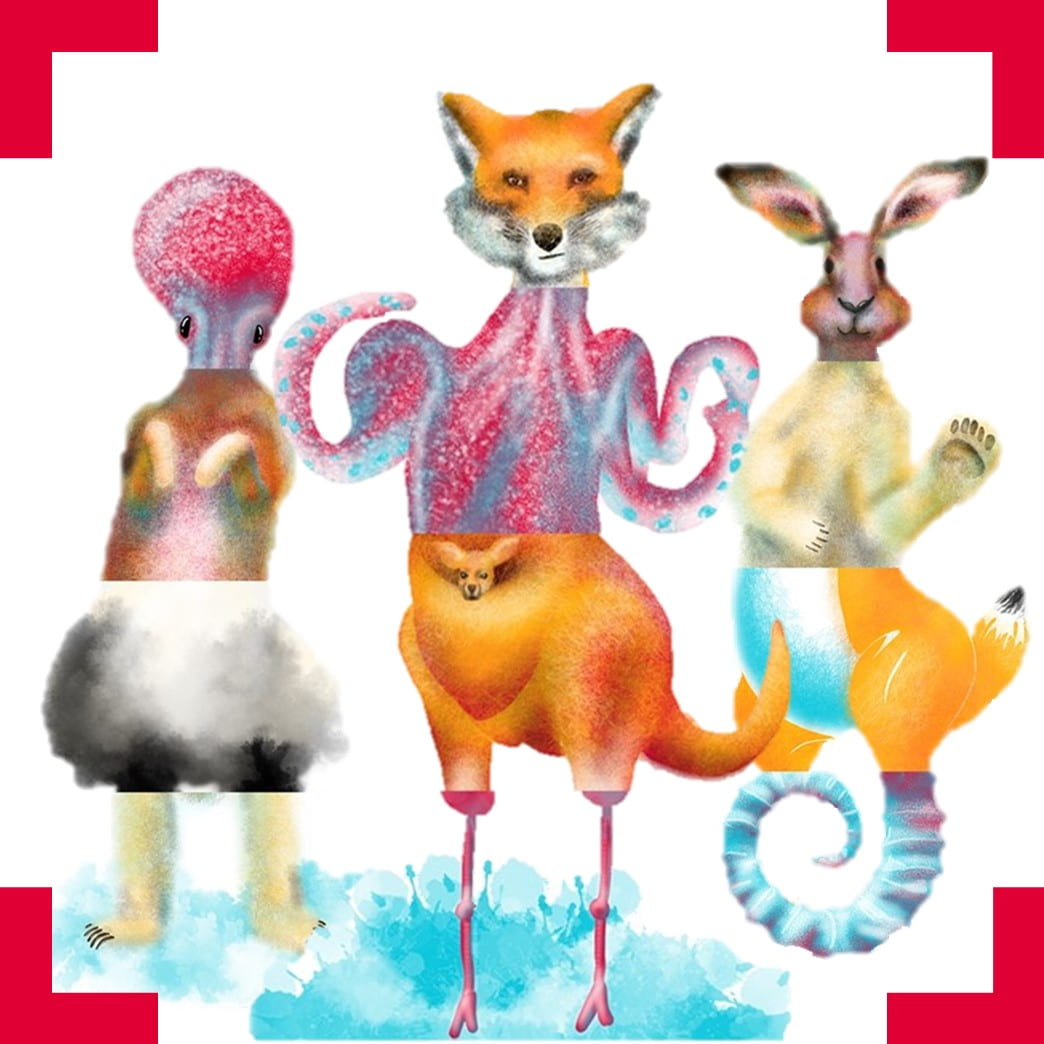Engaged Beings
by Tim Cole, Professor of Social History and Director of Brigstow Institute

Over the last five years, Brigstow has brought together well over a hundred new diverse research teams that span disciplines and include academics, artists and creative technologists and community leaders to name just a few. All of these partnerships are characterized by bringing difference together: different knowledge, approaches, people. Difference lies at the heart of the radical interdisciplinarity and co-produced research that Brigstow fosters, but difference isn’t always easy. One thing that we’ve thought about is how can we help new interdisciplinary and co-produced research partnerships flourish. In particular, how can we help groups of diverse individuals work well together so they want to keep collaborating once their initial Brigstow project is over.
We’ve developed a number of things to try to help create the right conditions for productive shared working among radically different researchers. The most recent is our Engaged Beings Toolkit that our current group of seedcorn projects have used as they began working together. It’s also something that we’ve been using as the Brigstow team. It is designed to be a playful prompt to have those conversations at the start of a new collaboration, and then again during the course of working together, that are perhaps hard to have because they involve articulating my wants and needs.
There is sometimes a sense in coproduced research in particular that it is somehow misplaced to have my own motivations, or at least to express those. But we want to create a space in all of our coproduced and interdisciplinary teams for individuals to be able to state what they want and need from working together. This ranges from exploring their personal motivations for being involved in the project (what’s in it for me if you like) through what success looks like for them personally (and the kinds of outputs that they hope to achieve) to the practical, process needs they have to stay engaged throughout.
Rather than those wants and needs remaining unsaid, we encourage all our teams to understand what they are personally, as well as for other team members at the outset, and then to revisit these during the course of working together. In short, we want the very thing that makes interdisciplinarity and coproduction so potentially powerful (and yet also so difficult) – difference – to be not only named but also celebrated.
You can view and download the Engaged Beings Toolkit at: http://www.bristol.ac.uk/brigstow/resources/toolkits/engagedbeing/

